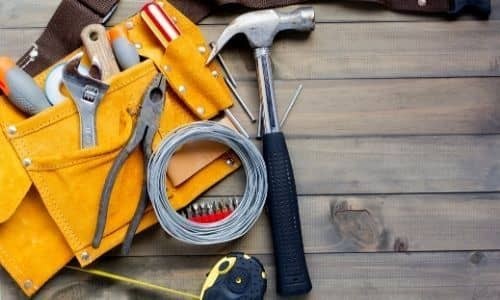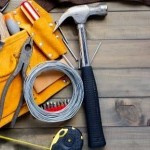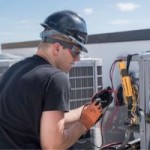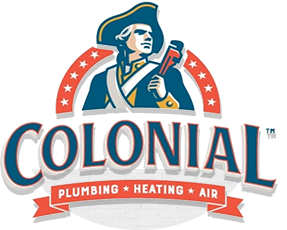The Basics of HVAC Tools
The day-to-day tasks for an HVAC technician aren’t really day-to-day. Each day brings unique challenges and situations; no two days are the same! Therefore, HVAC technicians must carry a wide variety of tools with them for every new job. It’s hard to know exactly what is coming their way, and they need to be prepared. Many homeowners are curious about HVAC tools, what they do, and how they work.
Though homeowners may never use these tools themselves to fix things around the house, it’s still a good idea to have a basic understanding of the tools and processes that HVAC technicians use for air scrubber installations, duct cleaning, and many other services they may provide you with. Here are a few of the commonly held HVAC tools.
Essential HVAC Tools
 The vast majority of products that exist today have an “essentials” version. These are the products that people should have because they use these products every single day. Clothing “essentials” include a pair of blue jeans and simple black or white t-shirts or button-up dress shirts.
The vast majority of products that exist today have an “essentials” version. These are the products that people should have because they use these products every single day. Clothing “essentials” include a pair of blue jeans and simple black or white t-shirts or button-up dress shirts.Cooking “essentials” for the kitchen include pots, pans, mixing bowls, and spatulas. Like these other product categories, HVAC tools have their own essentials line too. This includes hammers, screwdrivers, pliers, wrenches, and other similar common toolbox products.
Many homeowners will actually have these essentials laying around the house too! But they are considered essentials because they are used, again and again, no matter what type of problem an HVAC technician may be fixing. These tools stand the test of time. Though they may not be the newest HVAC version of an electric mixing bowl, they are needed to get every job done.
Specialized HVAC Tools
Specialized HVAC tools are the next level up in sophistication. Because these tools tend to be specific for each job, they will be used less. Drills, multimeters, and thermometers are all considered specialized HVAC tools. Using power drills is a more efficient way to put in screws because they have more power than a human hand could have.

Impact drivers are even more powerful than traditional drills, despite being a little smaller, and are also highly efficient. These drilling products are handy for working with thick HVAC materials that are tough to penetrate. Another common specialized tool is the multimeter. This is an electronic test equipment tool, and it’s used to determine if any electronic voltage exists.
This is especially important for the safety of the HVAC technician to prevent electrocution while they’re fixing the HVAC system. HVAC thermometers are also important for safety precautions since they measure the temperature of the air, water, refrigerant, and copper lines.
Safety Precautions to Know
 As mentioned earlier, many specialized tools are built to keep HVAC technicians safe. In addition to multimeters and thermometers, there are many other safety-related tools such as slip-resistant shoes and gloves. Floors can be slippery, especially if there are leaks around the HVAC unit, so wearing slip-resistant shoes are the best way to prevent falls and injuries.
As mentioned earlier, many specialized tools are built to keep HVAC technicians safe. In addition to multimeters and thermometers, there are many other safety-related tools such as slip-resistant shoes and gloves. Floors can be slippery, especially if there are leaks around the HVAC unit, so wearing slip-resistant shoes are the best way to prevent falls and injuries.Since HVAC technicians spend much of their days working with sharp objects and tools, chemicals, and electrical materials, wearing gloves can help prevent cuts, keep chemicals from making contact with the skin, and avoid electrical shocks. It’s important to take proper safety precautions to prevent an emergency for both the HVAC technician and the people living in the home.
About Colonial Plumbing & Heating Co., Inc.
At Colonial Plumbing & Heating Co., Inc. each member of their team has no less than 10 years of experience in the field. This means guaranteed quality workmanship. They arrive in fully stocked trucks with all of the materials, parts, and equipment needed to solve their customers’ problems in one trip.













